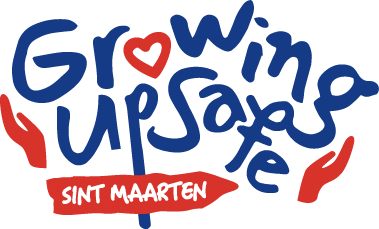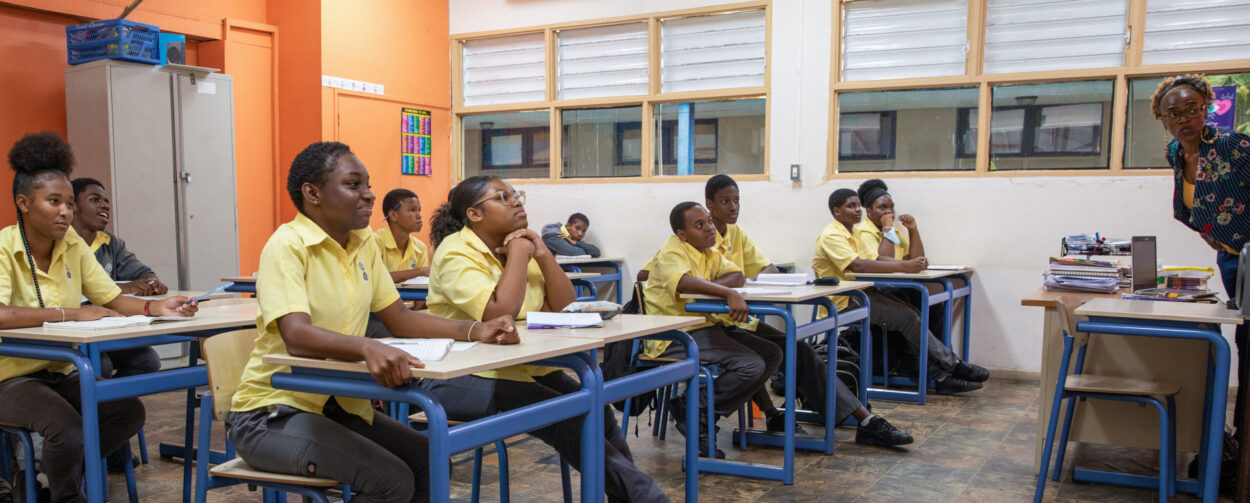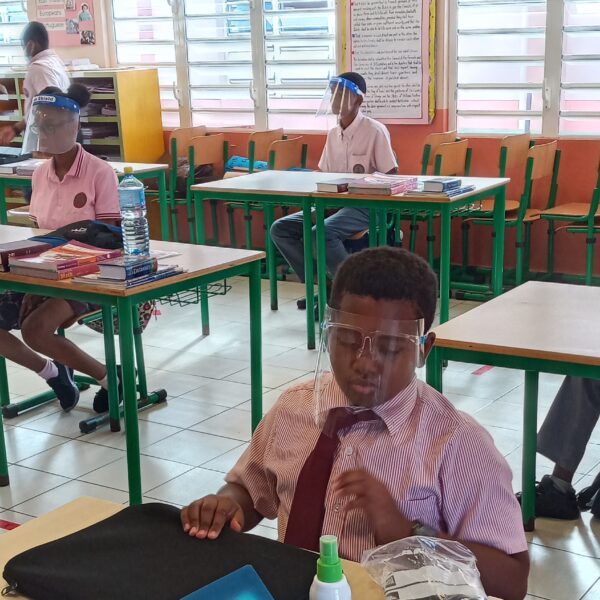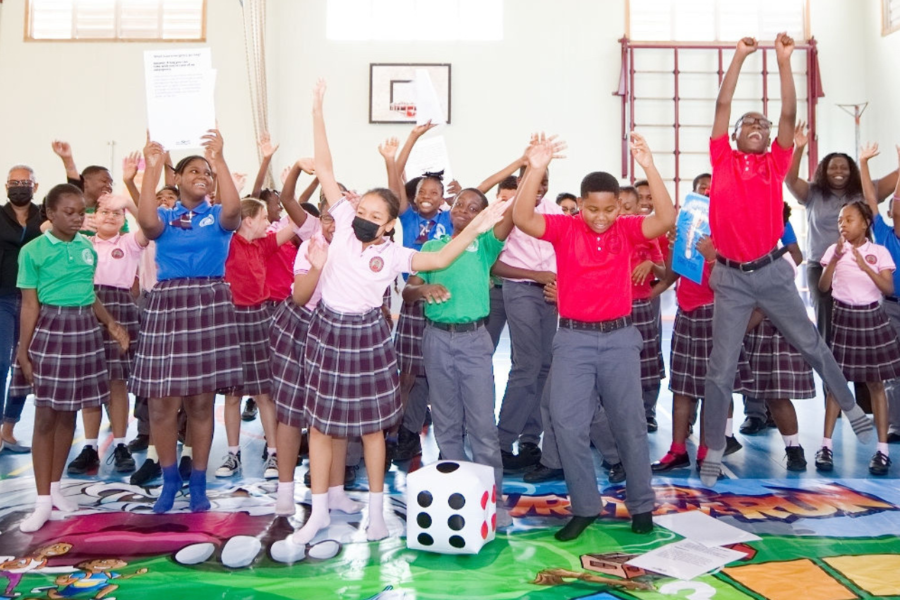Written by: Joy Arnell, Coordinator Emergency Support Function 7 (ESF-7)
During disasters, children are more vulnerable towards neglect, abuse and exploitation, but a lot can be done to ensure we keep our children safe. Child Protection during emergencies is a joint responsibility of the entire disaster management system, in which ESF-7 plays a key leadership role. We have to stand together and work together on our preparedness.
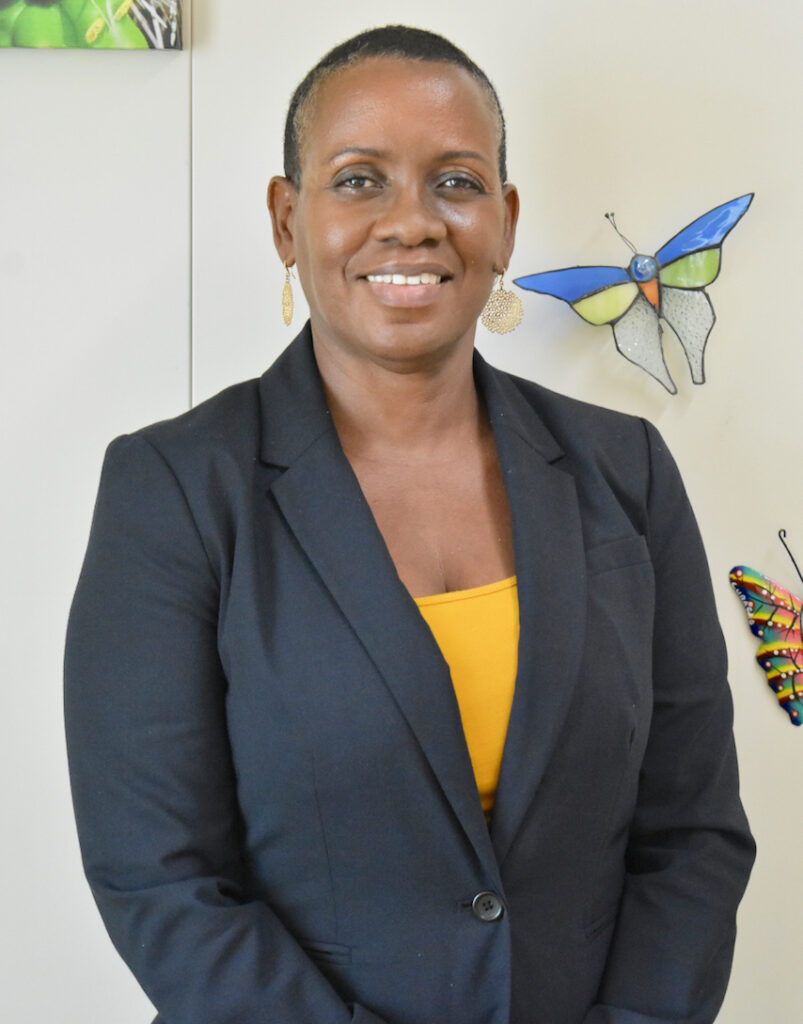
Emergency Support Function 7 (ESF-7) is one of the ten support function groups that make up the Emergency Operations Center of St Maarten. It is specifically responsible for population care, which include as primary tasks sheltering, mass care and mandatory evacuation. We learned in 2017 from hurricanes Irma and Maria and since then the COVID-19 pandemic, that we need to be prepared for all aspects of disasters, including prevention, mitigation, preparedness, response, recovery and rehabilitation, and that child protection plays a key role in all six areas.
Age-related risks
ESF7 recognises that the best interests of the child are paramount throughout all phases of any emergency. Youngsters face specific age-related protection risks during disasters and their aftermath. Examples include children aged 5 years or younger, that are unable to identify family members or communicate their needs and feelings, and that children aged 12 to 18 become susceptible to sexual exploitation and violence. Therefore, ESF-7 has identified the need to include a representative of the island’s child safety & wellbeing network, in this case the Court of Guardianship (CoG), to form part of the core support group. They will represent the needs of the minors in the prevention, preparedness, response, and aftercare phases of the emergency. That representative may be asked to occasionally attend other ESF or even Emergency Operations Center (EOC) meetings to explain the challenges that children and their caregivers face.
Awareness
It is important that families, including the children, are aware of what to do in an emergency. This is paramount in the prevention and preparedness phases of disaster management. In this vein, age-relevant messages through age-appropriate mediums regarding what to do before a disaster, during a disaster, and immediately following a disaster are being looked at for dissemination via the schools and in the curriculums. This is a collaborative effort with the Ministry of Education, Culture, Youth and Sports (ECYS).
Psychosocial support
To further safeguard the wellbeing of children, ESF-7 has recently been developing a mental health psychosocial support protocol (MHPSS) with the support of VNG-I (the Association of Dutch Municipalities – International Branch) and a MHPSS structure will become a part of the ESF-7 group during emergency situations. In this specific entity key stakeholders, such as the Mental Health Foundation, the Student Support Services Division of the Ministry of Education, Culture, Youth and Sports (SSSD), the Red Cross and the department of Community Development, Family and Humanitarian Affairs, are working together. They are coordinating the interventions in the field of mental health and psychosocial support, which also include the safeguarding of our children.
Food and shelter
ESF-7, as a structural part of ensuring the wellbeing of the population during emergency situations, will also focus on aspects of health and ensure that babies, infants and young children are provided the nutrition that they need to grow healthy. The section of mass care will take up the task to secure food and water for these vulnerable groups. Another primary task is sheltering people during a disaster; shelters are prepared and set up with specific gender based and age-appropriate guidelines. Volunteers and staff are trained to ensure that these guidelines are adhered to.
Re-unite families
ESF-7 is strongly focused on keeping families together, re-uniting families and protecting unaccompanied minors during emergency response. Together with relevant agencies such as the Court of Guardianship, Civil Registry and the Ministry ECYS, we ensure that we have listings of identified youth in the shelters and that their safety and care is guaranteed.
We are very aware of the importance of ensuring that the security of minors runs as a common thread through all discussions regarding the protection of the population in times of disaster. We do not hesitate to raise this point in all areas for which we are responsible. I hope you will find this magazine informative and that it will help increase your awareness of the role you can play as a professional in relation to the wellbeing of children during a disaster.
